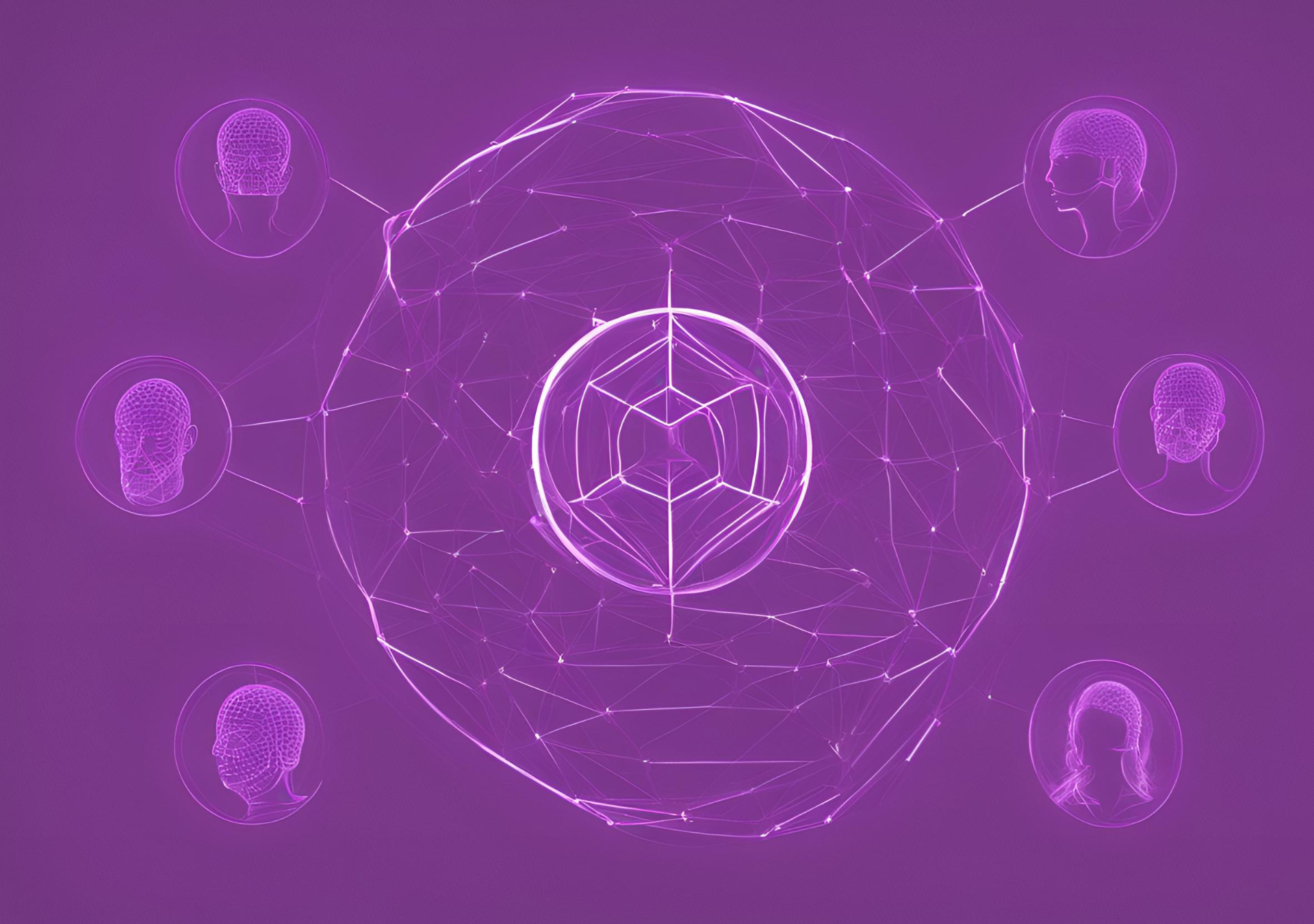The digital landscape is rapidly evolving, and with it, the need for secure and user-centric online identity management is becoming increasingly crucial. Self-sovereign Identity (SSI) or Decentralized Identity solutions are at the forefront of this revolution, promising to empower individuals with greater control over their personal information. In this blog, we will explore the top 5 self-sovereign identity projects that are expected to make a significant impact in 2024. These projects represent cutting-edge advancements in the field and have the potential to reshape the future of online identity management.
1. Sovrin Foundation
The Sovrin Foundation stands at the forefront of the self-sovereign identity movement with its Sovrin Network, a global public utility for decentralized identity. Sovrin utilizes a unique consensus algorithm called Plenum, which enables high throughput and low latency, making it a suitable choice for real-time identity verification. Its self-sovereign identity framework allows users to own and control their digital identities securely. Sovrin’s technology has the potential to revolutionize various industries, including finance, healthcare, and government, by providing secure and tamper-proof digital identities that can be easily verified across different services.
2. Fractal ID
The Fractal ID project
distinguishes itself through its integration of blockchain technology, offering a decentralized approach to identity verification. Fractal ID’s unique feature lies in its user-centric design, which grants individuals full control over their digital identities, allowing them to manage and share their personal data securely and with ease. It employs advanced cryptographic methods and biometric verification, enhancing both security and user convenience. The potential applications of Fractal ID are vast, ranging from streamlining KYC processes in financial services to enabling more secure and efficient access to government services.By providing a reliable and user-friendly platform for digital identity management, Fractal ID is not just responding to current demands for privacy and security in the digital space but is actively shaping the future of online interactions.
3. Soulverse
Soulverse is at the forefront of shaping the future of online identity management by providing individuals with unprecedented control over their digital identities. Its user-centric approach, robust security measures, and interoperability within the SSI ecosystem make it a formidable player. At the heart of Soulverse is Soul ID, an embodiment of the Self-Sovereign Identity (SSI) model. Unlike centralized biometric systems, Soul ID empowers individuals to own and control their personal data. It leverages cutting-edge biometric technologies to generate a unique private-public key pair for every user, virtually impervious to breaches.

Soulogram, a dynamic digital identity avatar within the Soulverse ecosystem, integrates blockchain and AI technologies. SoulCoin ($SoulX) employs zero-knowledge proof methodologies to ensure privacy while facilitating secure and decentralized transactions. Super Wallet provides a unified platform for managing diverse digital assets, including cryptocurrencies, fiat currencies, and secure identity management. This system, based on the AFJ protocol and initially interacting with the Polygon ledger, utilizes advanced technologies like Hyperledger Indy and Aries for secure, decentralized identity verification and transaction processing. For more detailed insights, see the white paper here. This blockchain-based solution combines security, accessibility, and convenience, representing the future of digital financial ecosystems. Customized products for various target industries will be developed to enhance performance and feature support. For a more detailed exploration of these tokenomics and plans, you can read more here.
4. Polygon ID
Polygon ID stands as a significant player in the self-sovereign identity (SSI) arena, with its impact expected to grow substantially in 2024. What sets Polygon ID apart is its use of zero-knowledge proofs, a cutting-edge cryptographic technique that allows users to verify their identity without revealing any underlying personal information. The applications of Polygon ID span various sectors, including finance, healthcare, and e-governance, where secure and efficient identity verification is paramount. Furthermore, its integration with the Polygon blockchain ensures scalability and high transaction speeds, which are crucial for widespread adoption.
5. Galxe
The Galxe platform is rapidly emerging as a key player in the Web3 space. This project is renowned for its innovative approach to credentialing and digital identity in the decentralized ecosystem. Galxe’s unique selling point lies in its Credential Data Network, which allows users to create, manage, and leverage their digital credentials across various decentralized applications (dApps). Galxe ID leverages blockchain technology to ensure security and privacy, making it a key facilitator of trust and efficiency in the evolving landscape of digital identity management. In terms of applications, Galxe has the potential to revolutionize a myriad of sectors, including online gaming, decentralized finance (DeFi), and NFT marketplaces.
The evolution of self-sovereign identity (SSI) projects heralds a transformative era in digital identity management. These projects, each with their unique technological innovations and applications, are not just pioneering new paths in the digital world but are also setting the stage for a future where control, privacy, and security of personal data are paramount. As we progress into 2024 and beyond, the advancements and widespread adoption of these self-sovereign identity solutions will undoubtedly play a crucial role in shaping the landscape of digital interactions across various sectors. The potential of these projects to redefine the standards of online identity management and usher in a new era of digital sovereignty and trust is immense, making them truly noteworthy entities to watch in the evolving digital identity space.





